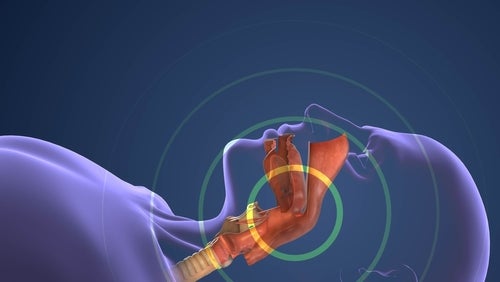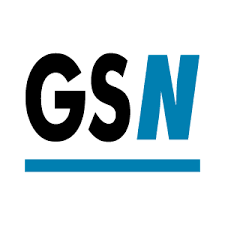
Editor's Note Cesarean delivery remains the most common major surgery in the US, but new evidence highlights its impact on recovery, pain, and sleep health for mothers. In an American Medical Association (AMA) interview published by HCA Healthcare Today on October 10 and new research presented at the ANESTHESIOLOGY® 2025…

Editor's Note Patients’ social conditions, language, and sleep patterns may play a larger role in surgical recovery than previously recognized, according to three studies presented at the ANESTHESIOLOGY® 2025 annual meeting that took place on October 10–14. Researchers from the University of California, San Diego, found patients facing food insecurity…

Editor's Note The Food and Drug Administration (FDA) has issued multiple high-risk medical device recalls in recent weeks, mid-September FDA announcements report. On August 21, Medline alerted customers that some of its convenience kits contain recalled Medtronic DLP Left Heart Vent Catheters. These catheters, used in cardiopulmonary bypass, may fail…

Editor's Note Philips Respironics BiPAP A30, A40, and V30 Auto ventilators are subject to a Class 1 recall—the US Food and Drug Administration’s (FDA’s) most severe category indicating risk of serious injury or death—due to the risk for a failure in the Ventilator Inoperative alarm, which can cause therapy interruption…

An estimated 22 million Americans were believed to have obstructive sleep apnea (OSA) in 2019, according to data cited in a February 2019 article published by OR Manager. At that time, up to 80% of cases were undiagnosed, and 30% to 40% of the surgical patient population was believed to…

Editor's Note A large-scale study of over 50,000 ambulatory surgery center (ASC) procedures shows a strikingly low rate of 24-hour unplanned postoperative hospital admissions, offering a benchmark that other ASCs can strive to match, General Surgery News March 26 reports. Over a 7-year period from 2016 to 2022, researchers at…

Editor's Note Sleep surgery outperforms continuous positive airway pressure (CPAP) therapy in reducing of motor vehicle accidents (MVA) risk among patients with obstructive sleep apnea (OSA), particularly those with poor CPAP adherence or severe disease, according to research published January 21 by the American Academy of Otolaryngology-Head and Neck Surgery.…

Editor's Note An advisory published March 7 by The National Council on Aging (NCOA) offers newly updated information details the impact of sleep deprivation on health as well as the causes and warning signs of the most common sleep disorders. According to the publication, 35.5% of American adults reported sleeping…
Editor's Note In this study, Cleveland Clinic researchers find that patients with certain sleep disorders have more severe outcomes from COVID-19. The analysis included 5,402 patients. Although patients with sleep-disordered breathing and sleep-related hypoxia did not have an increased risk of developing COVID-19, they had a worse clinical prognosis from…
Obesity rates and, consequently, obstructive sleep apnea (OSA) are on the rise in the US, and an increasing number of obese patients are undergoing surgical procedures at ambulatory surgery centers (ASCs). Healthcare providers at such facilities are adding procedures and taking steps to ensure the safety of patients whose body…